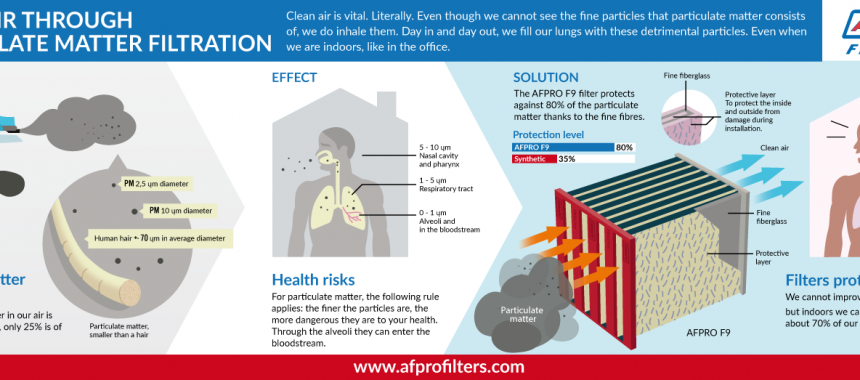Exploring The Ecological Benefits Of Warm Pumps - A Sustainable Home Heating Service
Exploring The Ecological Benefits Of Warm Pumps - A Sustainable Home Heating Service
Blog Article
Article Created By-Barry Burgess
In a period where sustainability and energy effectiveness are critical, lots of businesses seek eco-friendly home heating services. One such option is the heat pump.
A heatpump removes the warm in its surroundings and pumps it into your home, resulting in among the most effective environment-friendly main heating systems around. This process likewise produces absolutely no greenhouse gas exhausts, making it a very sustainable technology.
Energy Performance
Heat pumps are really energy effective and require little upkeep. They make use of less electrical energy than various other heater and are by far one of the most eco-friendly. They function well with rooftop solar and can frequently pay for themselves in utility cost savings alone.
They can additionally give air conditioning, which is fantastic for garage workshops, attic hangouts and bonus rooms, and home additions without extending the existing ductwork. They can even be utilized for retrofits in existing homes with hydronic (water-based) distribution systems such as reduced temperature level radiators or glowing floors.
Seek versions with SEER and HSPF ratings that satisfy or exceed copyright's minimum criteria, as well as the standards in your area. Higher rankings mean better efficiency, which conserves you cash in the long run and lowers your carbon impact. You may also get approved for rebates and incentives! The best units are those with a ground warm exchanger for included efficiency. These devices can take in thermal energy from the ground during the winter months and essence it in the summertime.
Minimized Greenhouse Gas Emissions
Heatpump work on electrical power and basically transfer warmth from the air, also when it's cold exterior. They have the ability to extract the cost-free warmth caught in air particles and relocate them indoors, decreasing moisture while doing so.
Compared to gas heating systems, modern heat pumps utilize less than one kilowatt of electrical power per kilowatt of heating power they produce. This makes them one of the most power efficient home heating alternative available with a COP (Coefficient of Efficiency) of four or more. By reducing the requirement for nonrenewable fuel sources, heat pumps help reduce greenhouse gas discharges and cut various other major air toxins.
Structure decarbonization is a worldwide critical, and the HVAC market is a key chauffeur of that procedure. Whether it's investor making web no dedications, plan manufacturers establishing emissions limitations, or lessees demanding greener areas, electrical heatpump are being identified as a crucial service. They are an affordable way to reduce carbon emissions by removing the requirement for nonrenewable fuel sources in buildings.
Versatility
Heat pumps can be utilized in lots of kinds of homes and structures-- with or without ducts. They collaborate with hot-water radiators, air-conditioning and programmable thermostats. servicing a heat pump can change furnaces or be installed in new residences. They can run on photovoltaic panels, geothermal systems or perhaps area heating resources like wastewater.
They're excellent at delivering even more warm per energy unit. For ceiling air conditioning unit , an air-source heatpump produces as much as 3 or even more heating devices from each electrical power device it consumes.
Obtaining the most from your heatpump will rely on your climate zone and high quality of insulation. Search for designs with ENERGY STAR rankings and contrast their SEER or HSPF specifications. In warmer environments, focus on SEER; in cooler regions, consider a system with a higher HSPF ranking. On top of that, purchase air sealing and insulation to reduce the load on your heat pump. That will certainly boost power effectiveness and aid you reach your Web Absolutely no objectives faster.
Biomass Boilers
Biomass boilers utilize timber pellets, chips or logs to create heat and hot water. simply click the following post are an excellent selection for off-grid properties or those who wish to get off the gas grid.
As a standalone heating unit, biomass can give enough power to keep your home warm throughout the year without the regular heat drop off of other sustainable innovations. They can additionally be used combined with solar panels to maximise savings and take advantage of RHI repayments.
A disadvantage of these systems is the ahead of time price and regular gas distributions. Usually, pellets will need to be blown into a fuel store using a vacuum cleaner system or they can be by hand fed right into the central heating boiler with a hopper. Logs are generally self-sourced from close-by woodland or purchased in bulk. As well as this, they call for manual loading and might need cleansing regularly.